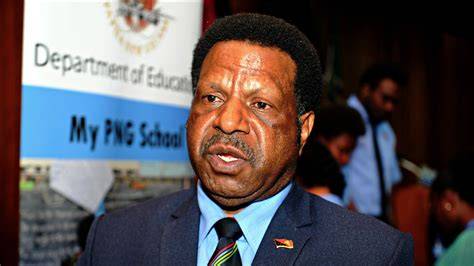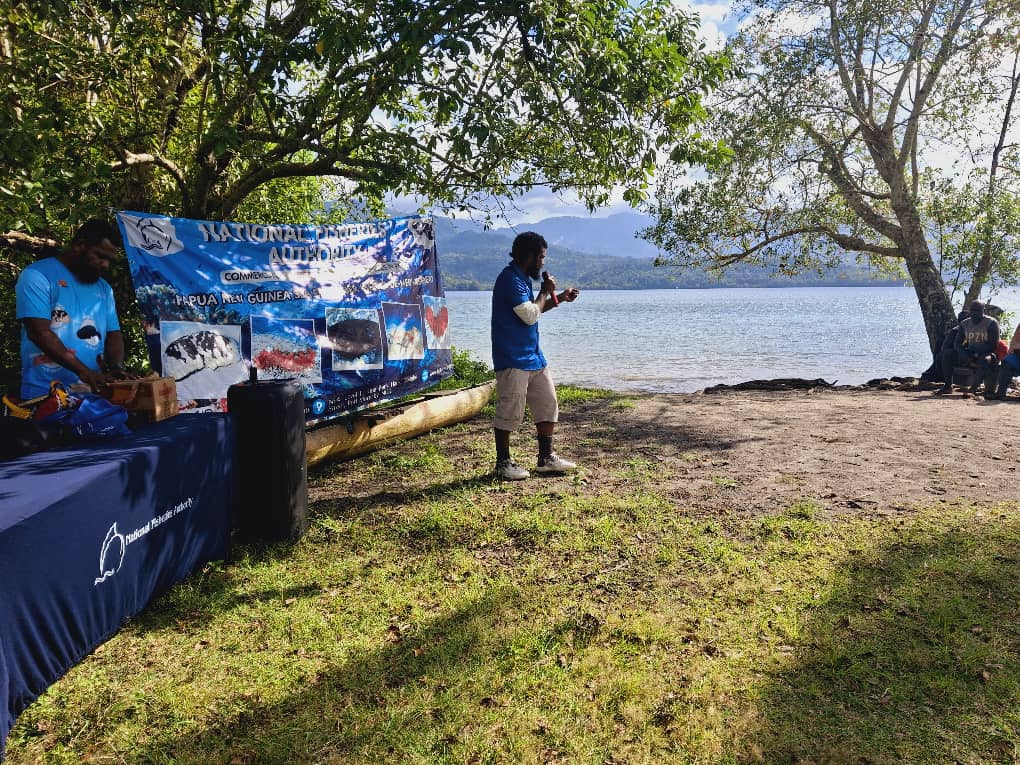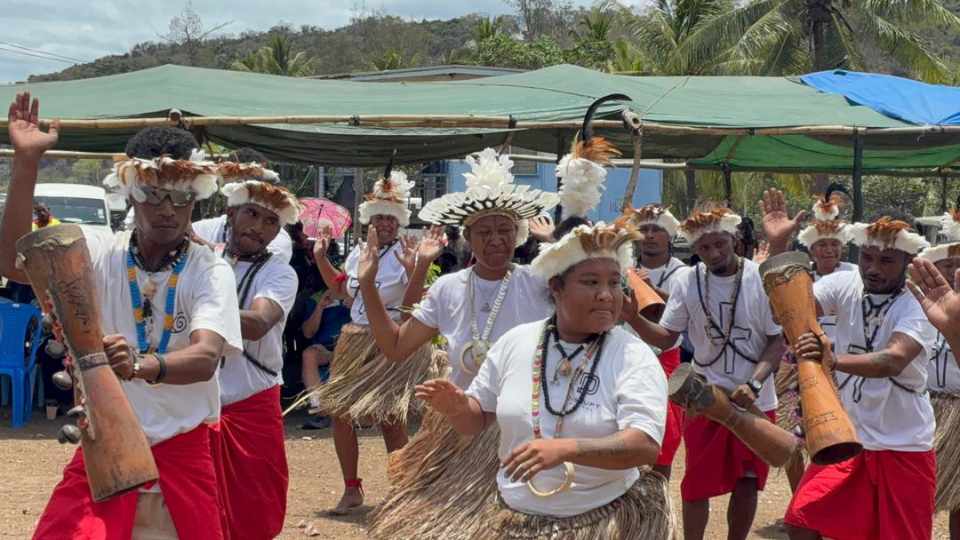The Minister for Labour and Employment, Kessy Sawang, and Minister for Administrative Services, Richard Masere jointly announced the country's first-ever Labor Force Survey will be conducted in the last quarter of 2024.
This follows an agreement between the two on Thursday, April 18 2024 to sign a Memorandum of Understanding (MoU) in a few weeks to put in place a framework for collaboration towards enhancing labour market statistics and data-sharing agreements between the Department of Labor and Industrial Relations and the National Statistics Office.
This MOU will facilitate current and timely insights into labour market conditions, the development of actionable plans to support decent job creation, and activities to populate the proposed Labour Market Information System under the Labour Market Information Policy.
Both Ministers agreed that after the National Census is completed, the Labour Force Survey will be conducted by NSO.
“It will be the first-ever LFS to be conducted in the country and the results and insights will be a fitting gift on the country's 50th anniversary.”
This is from Minister Sawang in a statement.
“This initiative not only marks a historic moment but will provide invaluable insights into the country's workforce dynamics, job trends, lay the groundwork for informed decision-making and effective policies to promote sustainable economic growth and prosperity for all citizens.”
The scope of the LFS was also discussed and endorsed by the National Tripartite
Consultative Council and chaired by Minister Sawang on 8th April.
The members of the Council are the mandated representatives of the workers (unions), employers, and selected economic ministers.
The LFS will produce gender disaggregated indicators on employment status, industry, and occupation, hours of work and earnings, unemployment, labour force participation, education and training, informal employment, occupational qualifications, skills mismatch, and time use.
“The LFS Project Steering Committee will be jointly chaired by DLIR Secretary George Taunakekei and National Statistician John Igitoi.”




